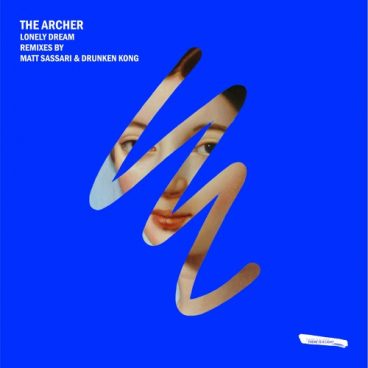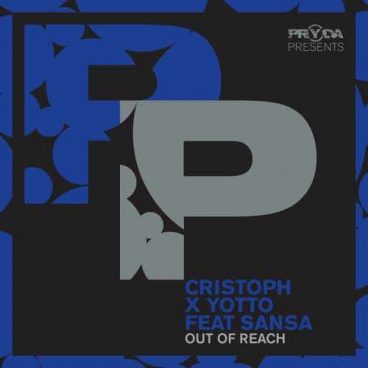If you’re reading this chances are you’re probably in school of some kind and you’re looking for help! If you’re in the library or some common area like a coffee shop, have a look around and see how many people are wearing headphones.
I’m guessing quite a few are locked into their own auditory environment, but have you ever wondered if what they’re listening to – if what you yourself listen to – is actually helping or hindering your learning?
Want to get a jump on your competition?
Check this out…
Finnish Science FTW!
So there’s this kick ass group of researchers called the Neuroaesthetics of Music Group up in Helsinki Finland and they’ve been digging into how music affects us. They did this crazy study in 2013 where they compared how different types of music affected people’s performance. It gets a little complicated but bear with me ‘cos the results are super interesting!
Here’s three things you need to understand about the study:
Thing 1
This was a basic learning test – where the subjects are presented with a pair of symbols and they are trained to select and remember the correct one. They get three rounds of training and feedback is given with either a smiley or a frowny face. After training, they are given a test and are scored on how many they get right.
OK – you got that? Alright – onto the second point…
Thing 2
Before the testing, the subjects were given 14 pieces of music which they self selected into 3 pieces of “neutral” music and 3 pieces of “pleasurable” music. They also answered a series of questions about their personal musical experiences.
So – the subjects chose what music they liked and what music they felt “meh” about and also divulged how much of a music fan they were.
Got it? Now for the third point…
Thing 3
This is the fun part – while the subjects were doing the learning and the testing – they were being played either neutral music or pleasurable music (self identified remember?) This enabled the researchers to test the effect of different music types on learning behavior and to match it against musical experience – genius!
OK – so to sum up in not terribly scientific language – people chose music they either liked or felt “meh” about, they then learned a few things and were subsequently tested on them all the while having music going on in the background.
Want to know the results?
The Results

Click to view larger image
You can click on the image to see a bigger version but here’s the skinny:
If you’re someone with a lot of musical experience, like say a musician or a super music fan – you learn better when listening to neutral music – but – and here’s the groovy thing – you test better when you listen to pleasurable music.
And it’s the other way round for someone who isn’t such a huge music fan – you learn better when you listen to pleasurable music but test better under neutral music.
That’s pretty gnarly and with that you can probably adopt a new listening strategy already!
You’re welcome!
But, if you want to know the underlying theory and maybe tweak your listening strategy further, read on.
The Theory
The researchers propose that this is due to different listening strategies between the two groups which would make sense – but what does that mean?
First let’s look at the act of Learning. When you’re learning something new, when you’re forming neural pathways and making mental connections, you want to have the maximum mental resource available to you to create those channels and associations. If learning is a creative act (as far as your brain is concerned) then you don’t want to be allocating resource to unnecessary activities.
However, when you’re taking a test, you’re using recall and memory. This isn’t as much of a creative act as it is a passive one and we know that this kind of behavior is significantly affected by your emotional state. Think about it – if you wake up in a bad mood you generally perform worse on test, but if you’re all pumped up and feeling good about the day and life in general, you tend to do better on recall and memory tests.
Musician / Super Music Fan Strategy
So take a musician, it makes sense that they naturally have more “mental resource” allocated to music than a non-musician. On top of that – they’re more likely to allocate more “mental resource” to music they like. Makes sense yes?
So – when they’re learning something – when they’re forming those neural pathways and connections – they want as much resource made available to them as possible – so – neutral music is better because it doesn’t take up as much mental resource.
However – when they’re testing – the best strategy is for them to feel good – they want to juice their system – so even though they might lose some mental resource by listening to music they like – they’ll feel significantly better – which impacts and improves their test performance.
Non Musician / Non Super Music Fan Strategy
As a non-musician or non super music fan they don’t have as much “mental resource” allocated to music, so the difference between pleasurable and neutral music is less distinct. When it comes to learning something new it seems the emotional benefit of listening to music they like outweighs the resource drain that the act of listening to music incurs.
However – when it comes to testing – it seems to be that the resource cost of pleasurable music becomes distracting and outweighs the feel good factor.
Summary
Do note that these studies are right on the bleeding edge, music is still a relative mystery when it comes to how much we really know about it so take this information as a guide rather than a prescription.
Having said that – if you’re a musician and you’re learning or studying something it makes sense to have something neutral on – maybe classical, down tempo, fairly chilled out and not too intrusive – but when you’re testing, go for the music that makes you feel good.
Likewise for the non-musical types, having your “feel-good” playlist on in the background while you’re studying probably makes sense, just be sure to switch over to the more neutral music when it comes to test time.
For an insight into why listening to music actually “juices” your brain you should check out this article here.
Music To Write An Essay To
One of the theories posited by people in this field, is that when you are using music to help you study it makes sense to listen to instrumental tracks, i.e. songs without words. When you’re developing your own narrative the last thing you need is someone else’s story being blasted at you.
We have sourced a playlist made up of the most popular Music to Write An Essay To across YouTube, Spotify, Apple Music, Deezer and Soundcloud. You can stream it below but we’d like to ask you a favor. If you have a track that you love to listen to while studying or writing, take a minute or two to let us know about it.
Image Credit: This is what happens in the Learning Commons by clemsonunivlibrary on Flickr



